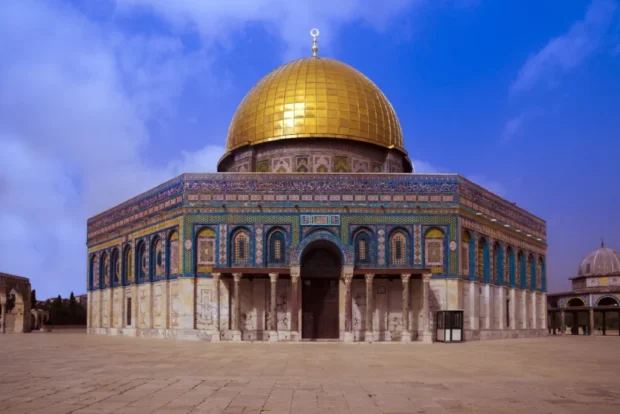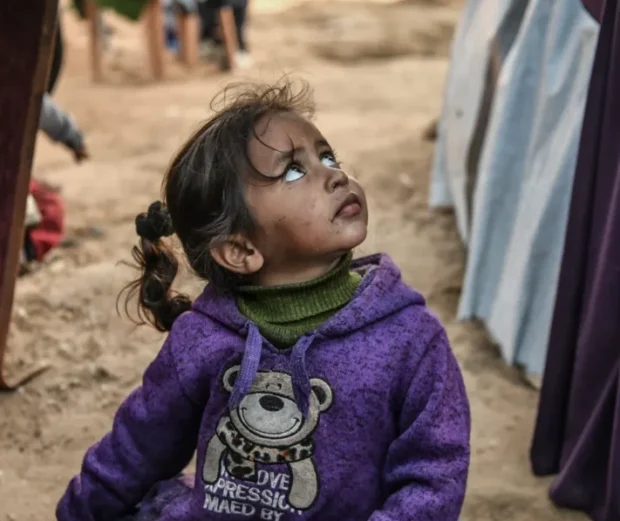Le nom du Prophète — paix et salut sur lui — est Mohammad ou Ahmad, deux noms bénis qui résonnent dans les cieux et sur la terre.
Celui qui aime véritablement le Prophète — paix et salut sur lui — et qui manifeste cet amour en donnant le nom de Mohammad à son fils, bénéficiera de l’intercession du Prophète le Jour du Jugement dernier. En effet, il est rapporté qu’Allah a juré de ne jamais punir celui qui porte le nom de Mohammad ou de Ahmad.
C’est pourquoi le Prophète — paix et salut sur lui — a dit :
« Il n’y a pas de mal à ce qu’il y ait dans la maison de l’un de vous un Mohammad, deux Mohammad ou même trois Mohammad… »
Ainsi, il n’est pas blâmable d’appeler plusieurs enfants d’une même famille Mohammad, car chaque porteur de ce nom est honoré par cette appellation qui rappelle le Bien-Aimé d’Allah.
Un récit édifiant
On raconte qu’un homme parmi les enfants d’Israël avait vécu plus de quatre-vingts ans sans accomplir aucun bien dans sa vie. Mais chaque fois qu’il ouvrait le Livre sacré de la Torah et qu’il y voyait le nom Mohammad, il posait un petit baiser plein d’amour et de respect.
Lorsqu’il mourut, son peuple le rejeta et refusa de prier sur lui, en raison de ses mauvaises actions. Mais alors, l’ange Gabriel — paix sur lui — descendit vers un prophète de son époque et lui dit :
« Va accomplir la prière funèbre sur le saint d’Allah le Très-Haut. »
Surpris, le prophète demanda :
« Comment cet homme mauvais et mécréant pourrait-il être un saint d’Allah ? »
Gabriel répondit :
« À chaque fois qu’il voyait le nom Mohammad dans la Torah, il y déposait un baiser de respect. Mohammad est l’ami d’Allah, et quiconque honore son nom, Allah l’honore. »
Ainsi, même un simple geste d’amour envers le nom de Mohammad peut devenir une lumière et une cause de miséricorde.



